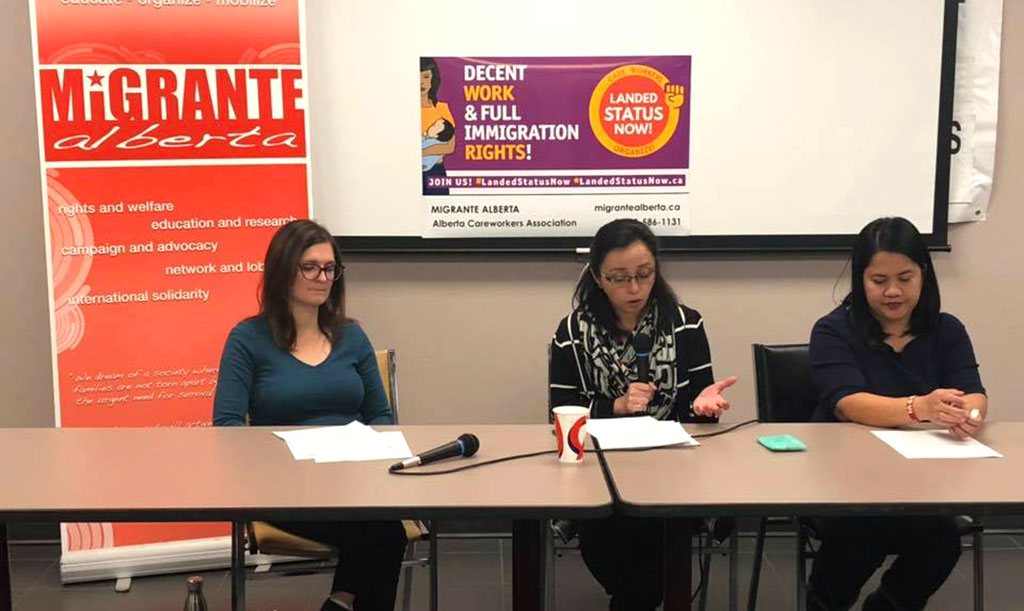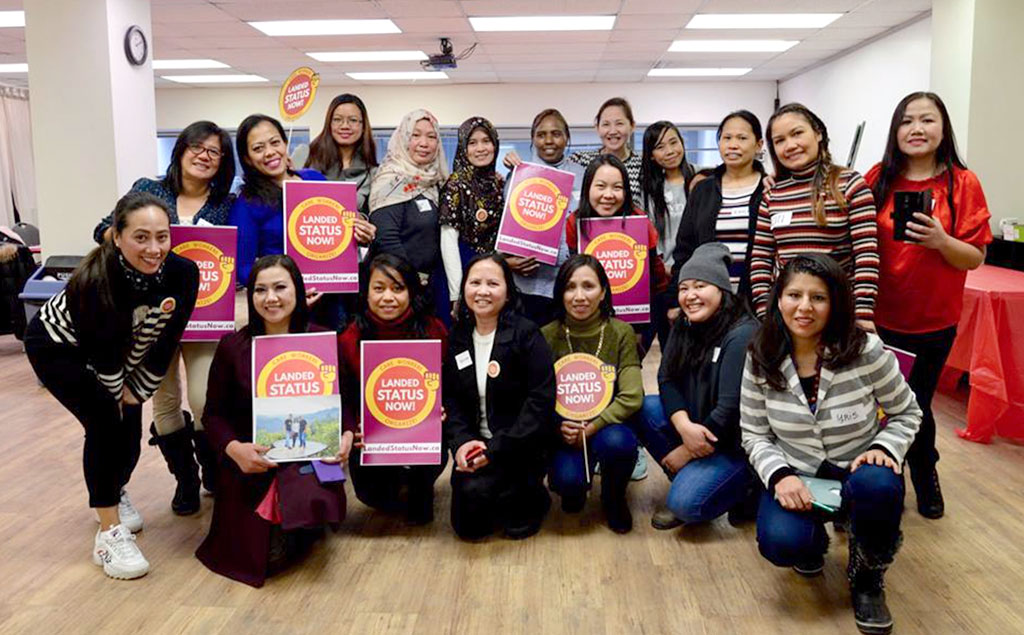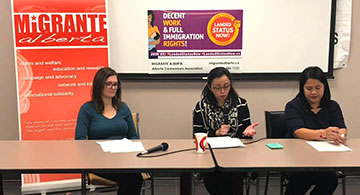
On February 23rd the Honourable Ahmed Hussen, Canada’s Minister of Citizenship and Immigration announced two new pilot programs to provide caregivers and their families with a pathway to becoming permanent residents in Canada. And for those already in Canada, he introduced an “Interim Program”. These new pilot programs will replace the two prior Caregiver Program which are “Caring for Children” and Caring for People with High Medical Needs”. The details of the new program are not yet available. It is said to be announced this year prior to the supposed expiration of the previous Caregiver Program.
Some of the major changes that were announced were: caregivers who want to come from other countries will be assessed for permanent residence before arriving to work in Canada. Having the same conditions as before, caregivers need a work permit and 2 years of work experience before they will have a pathway to permanent residency. The new pilot programs removed the ties with employers. It will include occupation-specific work permits that will allow them to quickly change jobs when necessary. The new program will also allow caregivers to bring their immediate family. Open work permits will be given to spouses/common-law partners and study permits for dependent children. It’s perceived to prevent the separation of families.
What was exciting for caregivers that are already in Canada was the “Interim Program”. It is a three-month policy that should provide a one-time, dedicated pathway to permanent residency. It is also for those who do not qualify under existing caregiver pathways.
These changes did not come easy, nor did Canada Immigration hand it on a silver platter. These changes were results of years and years of advocacy, campaigns and lobbying in Ottawa by advocates and many organizations. The interim pathways, in part also learned from the failings and unintended consequences of past programs. While the Interim Pathway seeks to provide caregivers with an opportunity to stay in Canada permanently, it needs major modifications. The Interim Pathway will still be inaccessible for a significant number of migrant caregivers in Canada.
The Interim Pathway is currently only open from March 4 to June 4, 2019, it requires 12 months of documented service, and requires the workers to be on an active work permit.
The three-month window that started on March 4th is simply too short. The application window does not provide sufficient time for many workers to understand the changes; much less compile the required information to complete their application. Because of the isolated nature of their work in homes, a longer time frame to inform caregivers is necessary.
One issue that stems out of the Interim Program requirement is that many of the workers who came to Canada under the 2014 Pilot Caregiver Program have not yet accumulated 12 months of authorized employment for reasons beyond their control (and often directly the result of the current employer-tied work permit). This includes difficulty in getting Labour Market Impact Assessments (LMIA), or because they were issued work permits for less than 24 months.

Another issue is some caregivers have completed at least 12 months of service but do not have a work permit due to job loss or lengthy delays in LMIA processing. Other Care Workers have become undocumented because they did not meet the higher language and educational requirements that were imposed on permanent residence applications under the 2014 Pilot Caregiver Program.
The Interim Pathway justly acknowledges that the requirement for one year post-secondary education created substantial barriers for caregivers in applying for permanent residency. However, it failed to recognize that the language requirement (CBA Level 5) still creates a barrier for these same workers.
Lastly, the Interim Pathway is not accessible to caregivers in Quebec. That means Quebec caregivers are faced with the difficult decision of leaving behind their friends and the social connections they have built, as well as the children, the sick and elderly people they are caring for, in order to have the chance to apply to stay permanently in Canada.
“Just after it was announced we’re getting calls in our help line on how to apply” said Lynn an advocate that answers calls from Migrante’s help line. “Many worry that they are not qualified. Also, they deserve the right to stay in Canada with rights and access to services, rather than be forced to become undocumented”. She added.
Migrante is part of a Canada-wide network called “The Landed Status Now: Care Workers Organize! Campaign”, which represents self-organized groups of caregivers in Canada, advocates and allies that campaigned and lobbied for changes to the previous Caregiver Plot project. Members of this network were part of the round table dialogue and consultations in 2017 and 2018. The network continues to demand for the modification of the Interim Program that includes grandfathering all current caregivers in the program under the Interim Pathway and to the new 2019 Caregiver Pilot Program; amendment of the 12 month service requirement to include experience while the caregiver has lost their work permit; allow workers that have become undocumented to be eligible to apply; also, since caregivers came to Canada with a required language level of CLB Level 3, the language requirement for permanent residence should remain at Level 3, and not be increased to CLB Level 5. The group also calls for the removal of a second medical examination as well as the inclusion of caregivers from Quebec.
Syed Hussan, the Toronto based coordinator of the Landed Status Now Campaign said that “It was proven time and again, from the Live-in Caregiver Program (LCP) and the pilot projects that temporary migrant care work is an unsustainable approach to Canada’s childcare and eldercare needs”. “Caregivers have been consistent in their call for permanent status upon arrival. We urge the government to heed that call. Anything less, including the new program, no matter how well intentioned, will fall short of providing fair treatment and decent work for migrant care workers coming to Canada”. He added.


